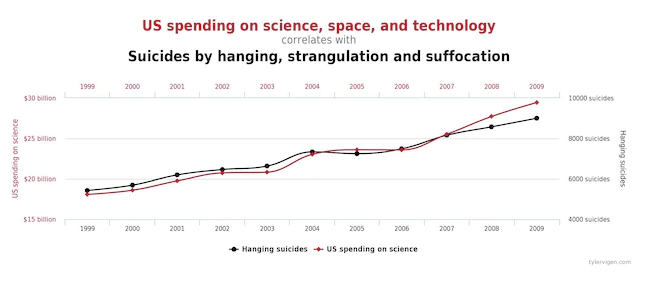1) პირველივე აბზაცში წერია რომ
მძიმედ დაავადებული ადამიანების 7%-ს არ შეენიშნებოდათ ვიტამინ D-ს ნაკლებობა.2) კორელაცია ბევრს არაფერს ნიშნავს (მხოლოდ კავშირის არსებობის შესაძლებლობას):

კონკრეტული
დასკვნაც:
On Dec 17, 2020, the National Institute for Health and Care Excellence (NICE), in collaboration with Public Health England and the Scientific Advisory Committee on Nutrition, published an updated rapid review of recent studies on vitamin D and COVID-19. Their recommendations support the current government advice, revised in April, 2020, during the first lockdown in the UK, for everyone to
take vitamin D supplements to maintain bone and muscle health during the autumn and winter months. The recommendations are also in line with new guidance from the UK government, released on Dec 22, 2020, allowing extremely clinically vulnerable people to opt in to receive a free 4-month supply of daily vitamin D supplements—similar to an initiative launched earlier in Scotland. However, the rapid review concluded
that sufficient evidence to support vitamin D supplementation with the aim of preventing or treating COVID-19 was still lacking and that the topic should be further investigatedმაგრამ, ამ შემთხვევაშიც, საუბარია შანსების გაუმჯობესებაზე და არა სრულ პრევენციაზე.
ვიტამინებით "თერაპია" რამე შედეგს რომ იძლეოდეს, დღემდე გაირკვეოდა (იგივე გაერთიანებულ სამეფოში)
ვიტამინი D ზოგადად კარგი იდეაა, სხვა დადებითი ეფექტები აქვს.
არაა გამორიცხული რომ ამცირებს კოვიდისგან სიკვდილის შანს.
მაგრამ ეგ ზუსტად არ ვიცით, ეს ერთი და რაც ვიცით, უკეთეს შემხვევაში, მხოლოდ ამცირებს, არ გაორიცხავს.


